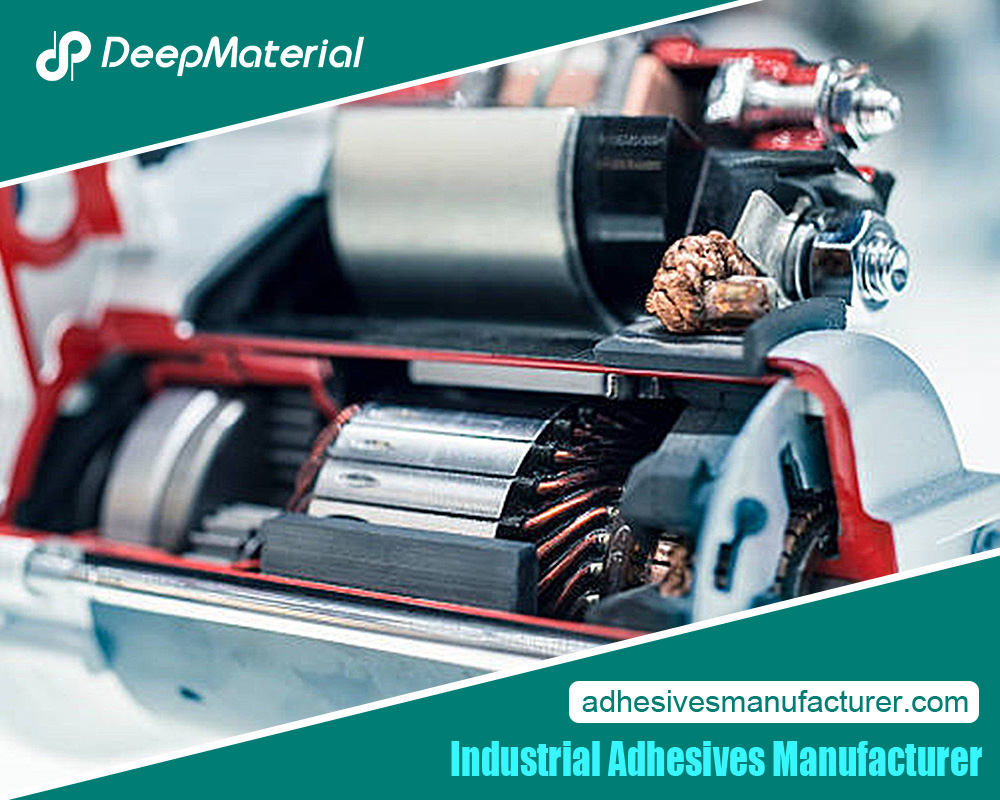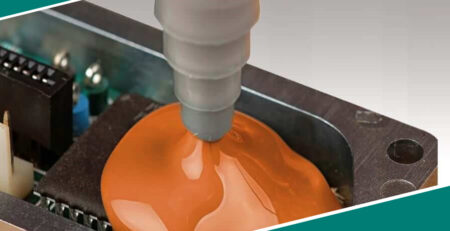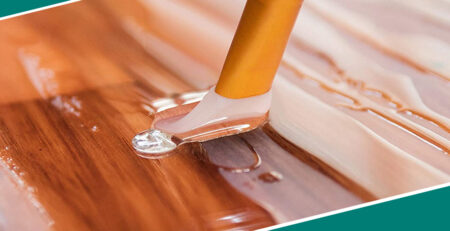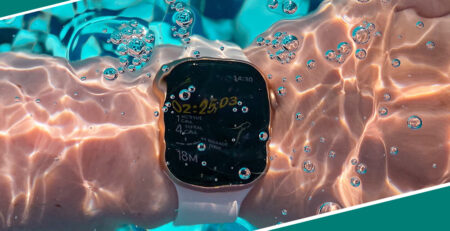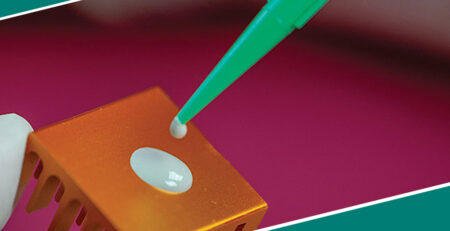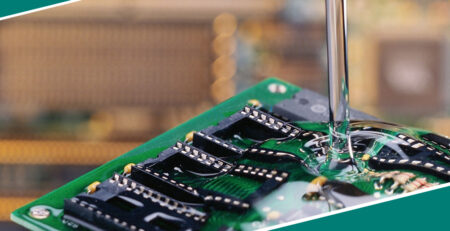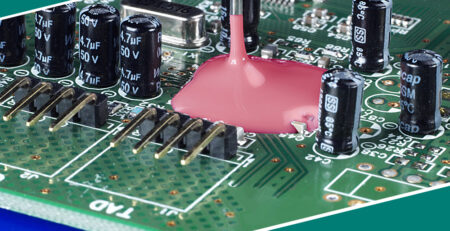The Strongest Epoxy Adhesive Glue for Plastic to Plastic: A Game-Changer in Construction Projects
The Strongest Epoxy Adhesive Glue for Plastic to Plastic: A Game-Changer in Construction Projects
In construction projects, the need for strong adhesive glue is crucial. Whether bonding two plastic materials together or ensuring a secure attachment between different components, the strength of the adhesive glue plays a vital role in the overall durability and longevity of the structure. Epoxy adhesive glue has become significantly popular in recent years for its effectiveness.
When it comes to bonding plastic to plastic, epoxy adhesive glue has proven highly effective. Plastics can be challenging to bond due to their smooth surfaces and low surface energy. However, epoxy adhesive glue overcomes these challenges by creating a strong and reliable bond between plastic materials. Its unique properties make it an ideal choice for various construction projects.
Explaining Epoxy Adhesive Glue and Its Properties
Epoxy adhesive glue is a type of adhesive that consists of two components – a resin and a hardener. When mixed, these components react chemically to form a strong and durable bond. The chemical composition of epoxy adhesive glue provides high strength, excellent adhesion, and resistance to environmental factors.
One of the main advantages of using epoxy adhesive glue in construction is its ability to bond different materials, including plastics. Its versatility enables seamless bonding between various plastic materials, regardless of their composition or surface characteristics. Additionally, epoxy adhesive glue offers excellent resistance to temperature fluctuations, water exposure, and chemicals, making it suitable for both indoor and outdoor applications.
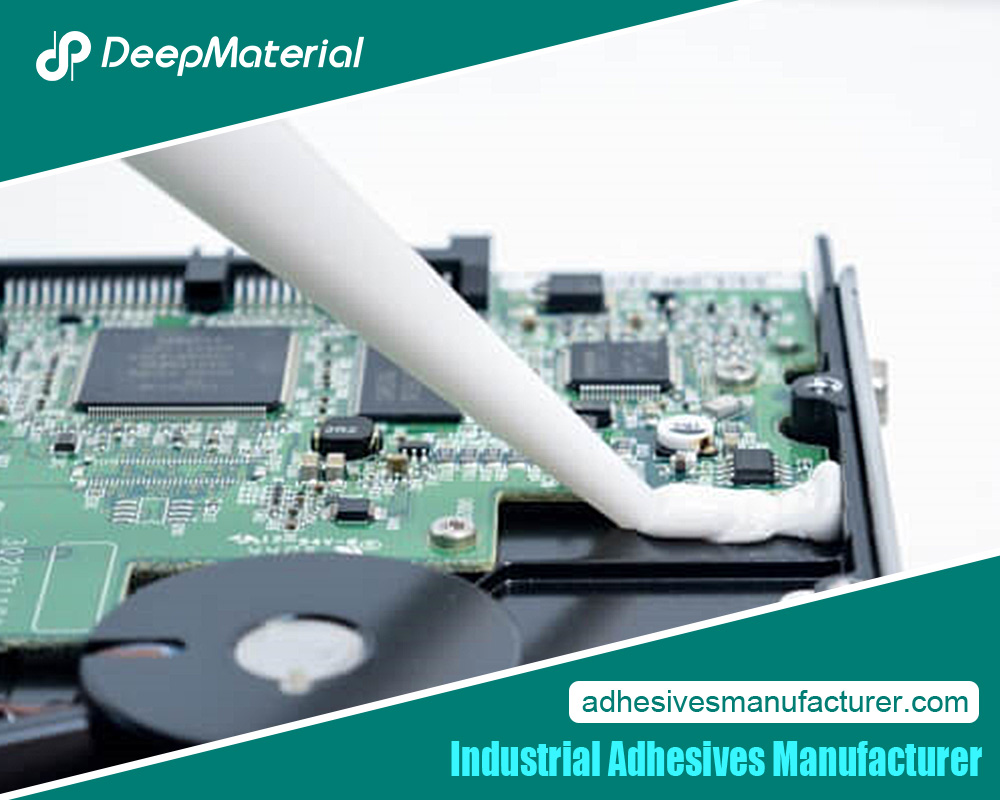
Types of Epoxy Adhesive Glue for Plastic to Plastic Bonding
Several types of epoxy adhesive glues are available on the market, each with unique properties and characteristics. It is important to understand the differences between these types to select the most suitable one for your specific construction project.
Some common types of epoxy adhesive glues for bonding plastic to plastic include:
Standard Epoxy Adhesive Glue: Known for its high strength and versatility, this type of glue provides a robust bond between plastic materials and is suitable for a wide range of applications.
Fast-Curing Epoxy Adhesive Glue: As the name suggests, this glue has a shorter drying and curing time, ideal for projects requiring quick bonding and immediate use.
Flexible Epoxy Adhesive Glue: This glue offers flexibility and elasticity, suitable for applications where bonded materials may experience movement or vibrations.
Factors to Consider When Choosing the Strongest Epoxy Adhesive Glue
When selecting the strongest epoxy adhesive glue for bonding plastic to plastic, several factors should be considered:
Strength and durability: The adhesive should be capable of withstanding the stresses and loads that the bonded materials might encounter over time.
Compatibility with the plastic materials: Since different plastics have varying surface energies and compositions, it’s important to select an epoxy adhesive glue specifically designed for the types of plastic you are using.
Drying time and curing process: Depending on the project, you may need a quick-drying adhesive or one that allows for a longer curing time.
Resistance to temperature, water, and chemicals: Particularly in construction projects exposed to harsh conditions, the epoxy adhesive glue should maintain its strength and integrity.
Benefits of Using Strong Epoxy Adhesive Glue in Construction Projects
Using strong epoxy adhesive glue in construction projects offers several benefits:
Strong and long-lasting bond: Epoxy adhesive glue is known for creating a bond that is both exceptionally strong and durable, ensuring that the bonded materials stay securely attached, even under significant loads or external forces.
Resistance to environmental factors: The glue is highly resistant to temperature changes, moisture, and chemicals, making it suitable for both indoor and outdoor applications where bonded materials may face harsh conditions.
Versatility in bonding different types of plastic materials: Epoxy adhesive glue can bond a variety of plastics, such as polyethylene, polypropylene, PVC, and more, which broadens its applications in construction projects.
How to Apply Epoxy Adhesive Glue for Plastic to Plastic Bonding
To successfully bond plastic materials using epoxy adhesive glue, follow these steps:
Preparation of the plastic surfaces: Ensure the surfaces are clean, dry, and free from contaminants like dust or grease. Sanding or roughening the surfaces can enhance adhesion.
Mixing and application of the epoxy adhesive glue: Adhere to the manufacturer’s instructions for mixing the resin and hardener components. Apply a thin, even layer of the mixed adhesive to one of the plastic surfaces.
Clamping and curing process: Press the two plastic surfaces together firmly and hold them with clamps or another suitable method. Allow the adhesive to cure as per the manufacturer’s guidelines. It’s important not to disturb or stress the bond during the curing process.
Precautions to Take When Working with Epoxy Adhesive Glue
Working with epoxy adhesive glue requires certain safety precautions to ensure safe use:
Safety measures to prevent skin and eye contact: Always wear protective gloves and safety goggles when handling epoxy adhesive glue. If contact with skin or eyes occurs, rinse thoroughly with water and seek medical attention if necessary.
Proper ventilation and handling of the adhesive glue: Ensure you work in a well-ventilated area to avoid inhaling fumes. Always follow the manufacturer’s instructions for proper handling and storage of the adhesive glue.
Disposal of unused adhesive glue: Properly dispose of any unused epoxy adhesive glue according to local regulations. Do not pour it down the drain or discard it in regular trash bins.
Top Brands of Strong Epoxy Adhesive Glue for Plastic to Plastic Bonding
Several leading brands offer strong epoxy adhesive glues specifically designed for bonding plastic to plastic. These brands include:
Loctite: Loctite is a well-known brand that offers a wide range of epoxy adhesive glues suitable for various applications, including bonding plastic to plastic.
3M: 3M is another reputable brand that provides high-quality epoxy adhesive glues known for their strength and durability.
Gorilla: Gorilla is recognized for its strong adhesives, and its epoxy adhesive glue is no exception, offering excellent bonding capabilities for plastic materials.
Frequently Asked Questions about Epoxy Adhesive Glue for Plastic to Plastic Bonding
Can epoxy adhesive glue be used on all types of plastics?
Epoxy adhesive glue can bond various types of plastics, but it’s important to select a product specifically designed for the type of plastic you are using.
How long does epoxy adhesive glue take to cure?
The curing time for epoxy adhesive glue varies depending on the specific product and environmental conditions. Refer to the manufacturer’s instructions for accurate curing times.
Can epoxy adhesive glue be used for outdoor applications?
Yes, epoxy adhesive glue is known for its resistance to environmental factors, making it suitable for both indoor and outdoor applications.
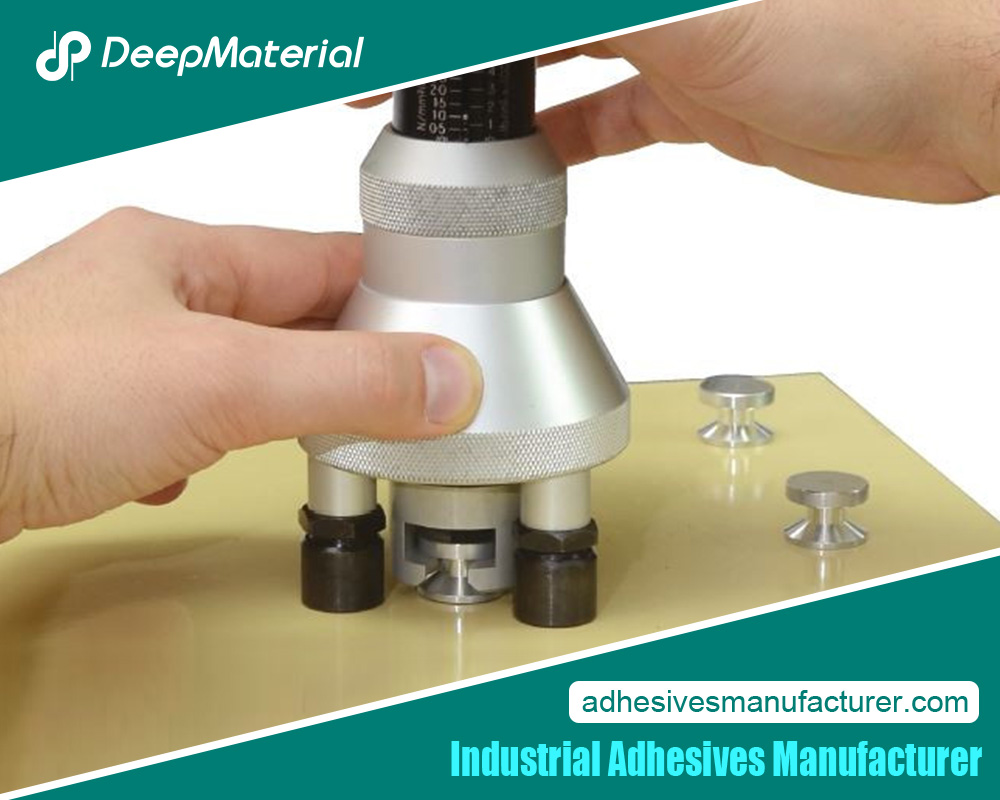
Final Words
In conclusion, the use of strong epoxy adhesive glue in construction projects, especially for bonding plastic to plastic, is crucial. Its exceptional strength, durability, and resistance to environmental factors make it a valuable tool in the industry. By carefully considering factors such as strength, compatibility, drying time, and resistance, you can select the most suitable epoxy adhesive glue for your project needs.
For more about the strongest epoxy adhesive glue for plastic to plastic: A Game-Changer in Construction Projects, you can pay a visit to Deepmaterial at https://www.adhesivesmanufacturer.com/ for more info.

